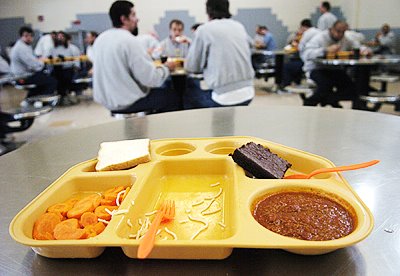Honey’s in everything. Check out any bakery product, sauce, processed food. A little dab of nectar makes anything smoother.
Toronto’s Globe and Mail ran a great feature a few days ago about the international honey cartel – so realistic it could be based in Jersey. Excerpts below:
As crime sagas go, a scheme rigged by a sophisticated cartel of global traders has all the right blockbuster elements: clandestine movements of illegal substances through a network of co-operatives in Asia, a  German conglomerate, jet-setting executives, doctored laboratory reports, high-profile takedowns and fearful turncoats.
German conglomerate, jet-setting executives, doctored laboratory reports, high-profile takedowns and fearful turncoats.
What makes this worldwide drama unusual, other than being regarded as part of the largest food fraud in U.S. history, is the fact that honey, nature’s benign golden sweetener, is the lucrative contraband.
Honey has become a staple in the North American diet. Those that do not consume it straight from bear-shaped squeeze bottles eat it regularly whether they know it or not – honey is baked into everything from breakfast cereals to cookies and mixed into sauces and cough drops. Produced by bees from the nectar of flowers and then strained for clarity, honey’s all-natural origin has garnered lofty status among health-conscious consumers who prefer products without refined sweeteners (think white sugar and processed corn syrup). About 1.2 million metric tons of honey is produced worldwide each year.
What consumers don’t know is that honey doesn’t usually come straight – or pure – from the hive. Giant steel drums of honey bound for grocery store shelves and the food processors that crank out your cereal are in constant flow through the global market. Most honey comes from China, where beekeepers are notorious for keeping their bees healthy with antibiotics banned in North America because they seep into honey and contaminate it; packers there learn to mask the acrid notes of poor quality product by mixing in sugar or corn-based syrups to fake good taste.
None of this is on the label. Rarely will a jar of honey say “Made in China.” Instead, Chinese honey sold in North America is more likely to be stamped as Indonesian, Malaysian or Taiwanese, due to a growing multimillion dollar laundering system designed to keep the endless supply of cheap and often contaminated Chinese honey moving into  the U.S., where tariffs have been implemented to staunch the flow and protect its own struggling industry.
the U.S., where tariffs have been implemented to staunch the flow and protect its own struggling industry.
Savvy honey handlers use a network of Asian countries to “wash” Chinese-origin product – with new packaging and false documents – before shipping it to the U.S. for consumption in various forms.
Fifteen people and six companies spanning from Asia to Germany and the U.S. were recently indicted in Chicago and Seattle for their roles in an $80-million gambit still playing out in the courts. That case has been billed as the largest food fraud in U.S. history. But American beekeepers, already suffering from a bee death epidemic that is killing off a third of their colonies a year, say the flow of suspect imports has not let up.
In the honey world, there are two types of countries: producers and consumers. The United States is one of the largest of the latter, consuming about 400 million pounds of honey a year. Its beekeepers can produce only half that amount leaving exporters to fill the rest. Canada produces about 65 million pounds of honey a year and ships its surplus, 20 to 30 million pounds, south of the border.
China, the world’s largest producer of honey, would seem a natural candidate to fill the gap. But Chinese honey is notorious for containing the banned antibiotic chloramphenicol, used by farmers to keep bees from falling ill. The European Union outlawed Chinese honey imports because of it.
Dilution is another issue. According to Grace Pundyk, author of The Honey Trail, Chinese manufacturers will inject a type of honey with litres of water, heat it, pass it through an ultrafine ceramic or carbon filter, and then distill it into syrup. While it eradicates impurities such as antibiotics, it also denies honey of its essence.
Ten years ago, the U.S. Department of Commerce accused the Chinese honey industry of dumping cheap product into the American market at prices well below the cost of production. Canadians also detected surprisingly low-priced product crossing its own borders.
Australian investigators uncovered the roots of a global conspiracy when they intercepted a large consignment of “Singapore” honey bound for the U.S. in 2002.
At the time, Singapore didn’t produce honey. The shipment was traced back to China, opening the first window into a worldwide scheme in early bloom: The industry had figured out they could launder Chinese honey through neutral countries able to ship into the U.S. without paying tariffs.
 higher value on public health.
higher value on public health.
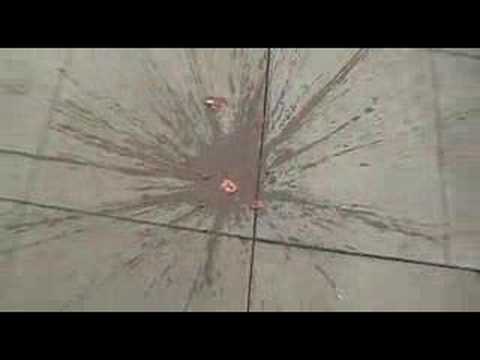 rash of exploding watermelons in eastern China.
rash of exploding watermelons in eastern China. specially grown for them, in something reminiscent of a medieval oligarchy.
specially grown for them, in something reminiscent of a medieval oligarchy.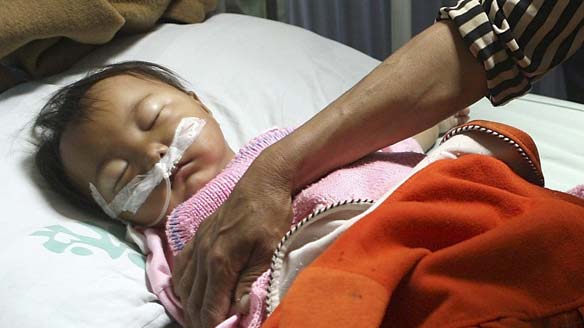 food-borne diseases that need to be addressed or what are the major contaminants in the food process.”
food-borne diseases that need to be addressed or what are the major contaminants in the food process.”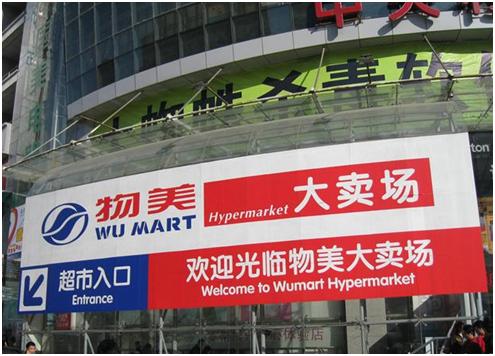 making him the highest official to have made such blunt remarks toward food scandals. Food safety has been raised to the level of national strategy.
making him the highest official to have made such blunt remarks toward food scandals. Food safety has been raised to the level of national strategy.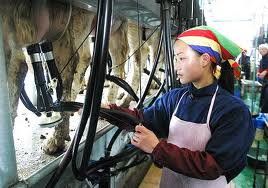 production to bring themselves into compliance, said administration spokesman Li Yuanping in comments reported on its website.
production to bring themselves into compliance, said administration spokesman Li Yuanping in comments reported on its website. in duty.
in duty.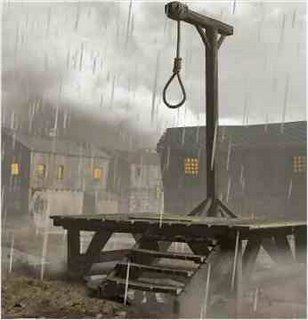 Regulating Work Office.
Regulating Work Office.
 German conglomerate, jet-setting executives, doctored laboratory reports, high-profile takedowns and fearful turncoats.
German conglomerate, jet-setting executives, doctored laboratory reports, high-profile takedowns and fearful turncoats. the U.S., where tariffs have been implemented to staunch the flow and protect its own struggling industry.
the U.S., where tariffs have been implemented to staunch the flow and protect its own struggling industry.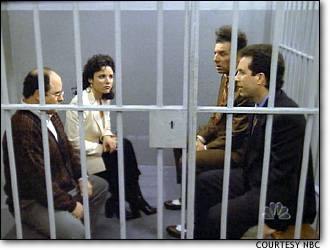 supervising and managing food safety will face up to ten years in jail for dereliction of duty or abuse of power in the case of a severe food safety incident.
supervising and managing food safety will face up to ten years in jail for dereliction of duty or abuse of power in the case of a severe food safety incident.